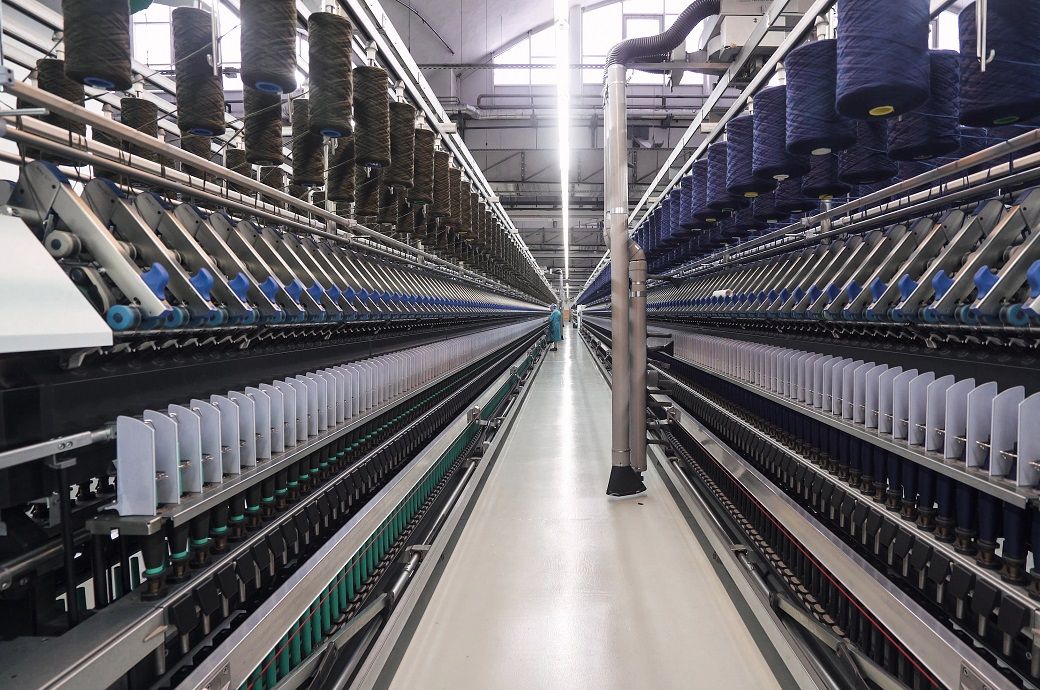
The survey indicates a slowing economy, with business conditions falling from elevated levels to 9 index points, although this remains above the long-term average of 3. The share of firms citing materials availability as a constraint fell notably, dropping to 36 per cent from over 50 per cent last year. In contrast, the proportion reporting labour as a significant constraint has only decreased marginally.
Signs of a cooling economy were prevalent throughout the survey, with business conditions and forward orders exhibiting similar downward trends to those in the monthly business survey. Trading conditions, profitability and employment all took a hit, although conditions remained generally robust except in manufacturing and construction sectors. Meanwhile, business confidence saw a minor uptick but remained in negative territory at minus 3 index points, as per the survey.
Despite the economic slowdown, the study suggests that inflation progression is likely to occur gradually and with a lag. Measures of cost growth continue to slowly recede while expected average wage growth over the next fiscal is forecast to be 1.7 per cent, down from 1.9 per cent in the first quarter (Q1). Wage costs and margin pressures remain top concerns for firms.
Purchase costs grew at a slower pace of 1.3 per cent quarter-on-quarter (QoQ), down from 1.5 per cent in Q1. Despite this, the overall product price growth moderated. However, retail price growth experienced a slight increase and at 1.1 per cent for the quarter remains significantly above average levels.
Looking forward, employment in the next three months fell to 14 index points from 20, but 12-month expectations remained steady at 25 index points. Although there was a slight drop in the percentage of firms reporting labour availability as a constraint on output, from 87 per cent to 83 per cent, the percentage of firms expecting wage pressures to rise over the next six months continued to increase, reaching 83 per cent from the previous 74 per cent.
“Consistent with our monthly business survey, the quarterly survey shows business conditions have moderated considerably in Q2,” said NAB chief economist Alan Oster. “Conditions are still a little above their historic averages but have fallen a long way from the highs seen in 2022, indicating the economy has slowed as the year has gone on.”
Fibre2Fashion News Desk (DP)